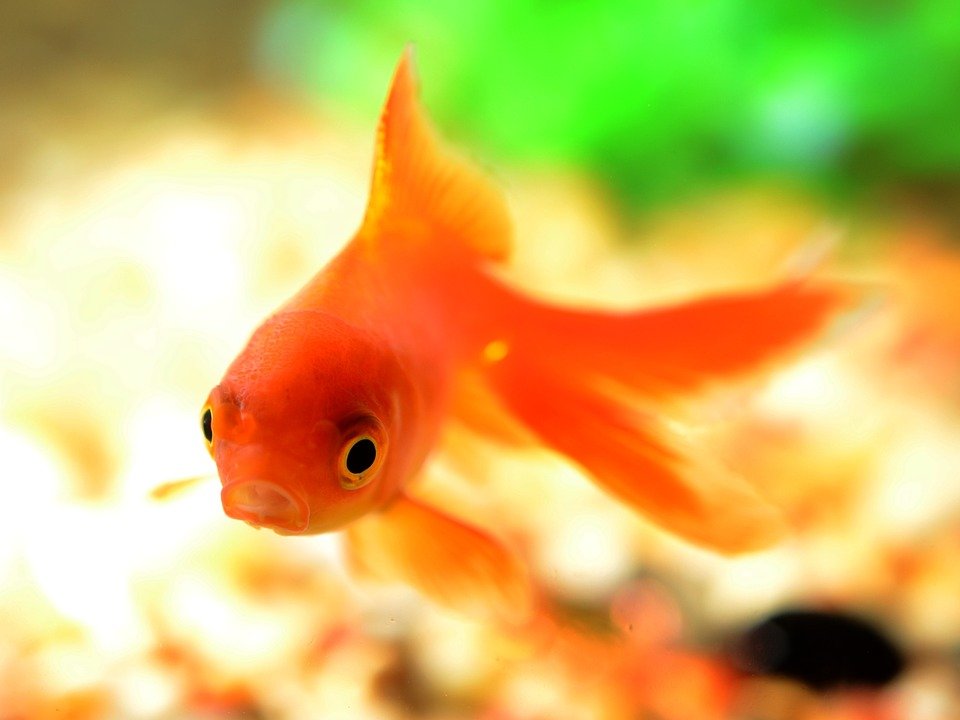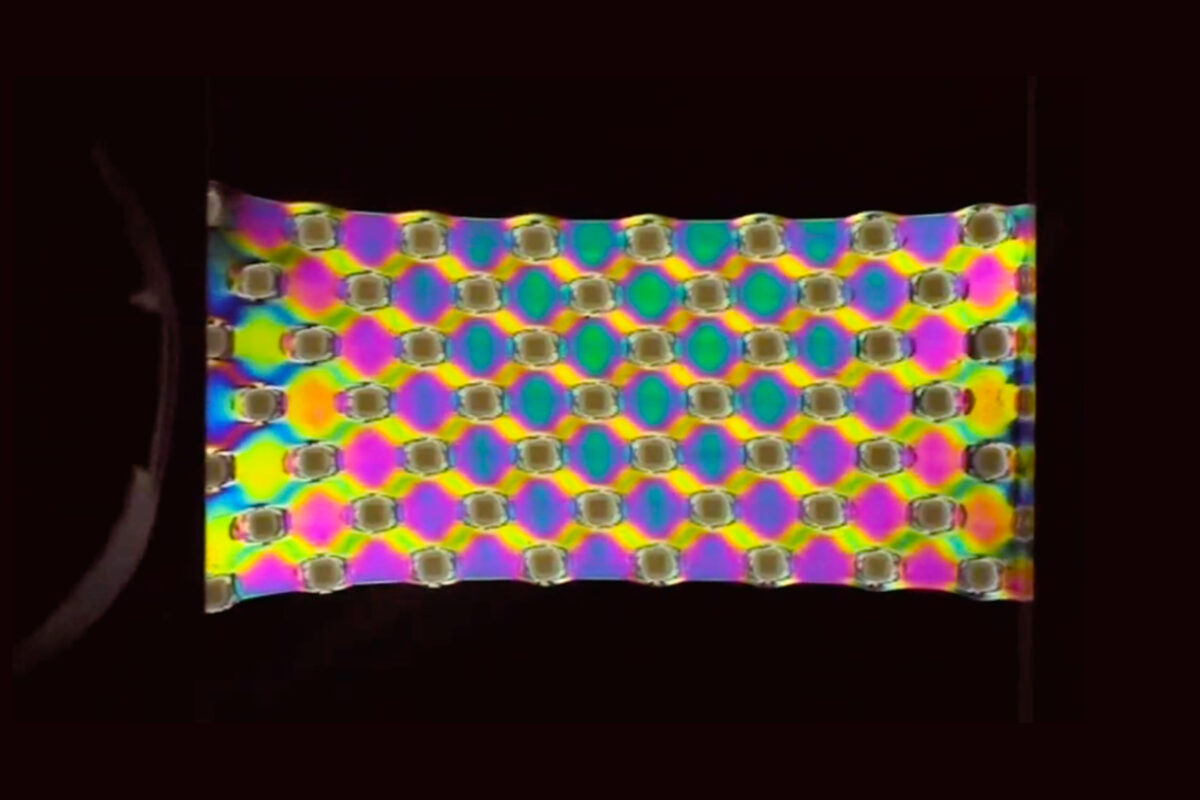A newly published study from the University of Southern California (USC), offers compelling new evidence of a biological connection between the gut and brain in children with autism spectrum disorder (ASD).
A Window Into the Gut-Brain Axis
To explore this connection, USC researchers collected behavioral data, brain imaging (fMRI), and stool samples from 43 children with autism and 41 neurotypical children, all aged 8 to 17. This comprehensive approach allowed the team to investigate how gut bacteria might affect brain function and behavior.
What the Researchers Discovered
From the stool samples, the team analyzed microbial metabolites—chemical compounds that gut bacteria produce while breaking down food. Notably, they focused on tryptophan-derived metabolites such as kynurenate, indolelactate, and tryptophan betaine, which are crucial for producing neurotransmitters like serotonin.
As it turned out, children with autism had significantly lower levels of these key metabolites. Moreover, when researchers compared the metabolic data to brain scans, they observed distinct patterns of brain activity in areas like the insula and cingulate cortex—regions linked to social interaction and sensory processing.
The Gut’s Role in Shaping Behavior
This study suggests that imbalances in gut microbiota may lead to disrupted production of neuroactive metabolites, which, in turn, may alter brain function and behavior. In other words, gut bacteria appear to influence the brain’s chemical balance, potentially contributing to the behavioral symptoms seen in ASD.
A New Path for Treatment
Importantly, these findings open the door to new possibilities. By targeting the gut microbiome—through interventions like dietary changes, prebiotics, or probiotics—researchers may eventually develop non-invasive strategies to support children with autism.







